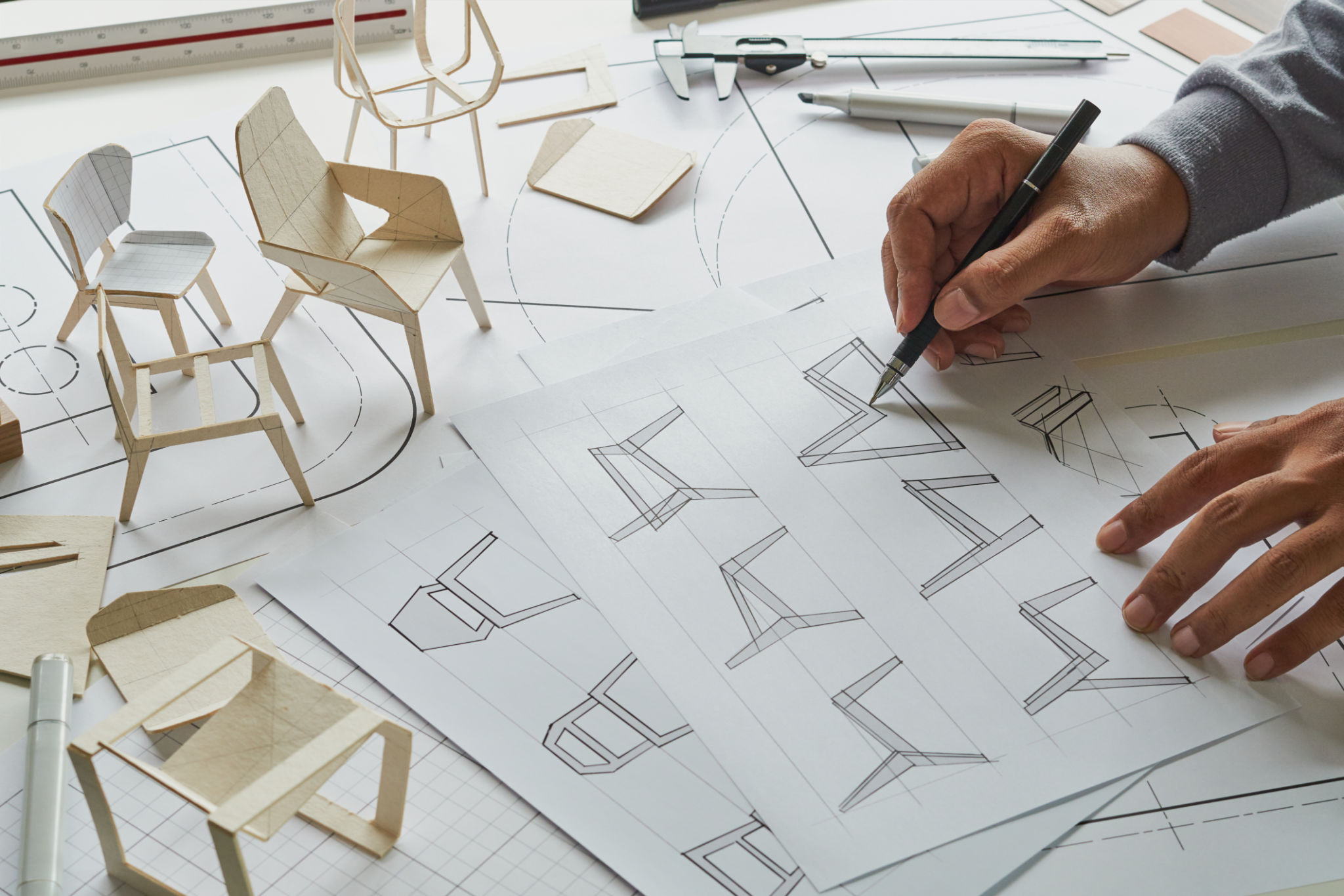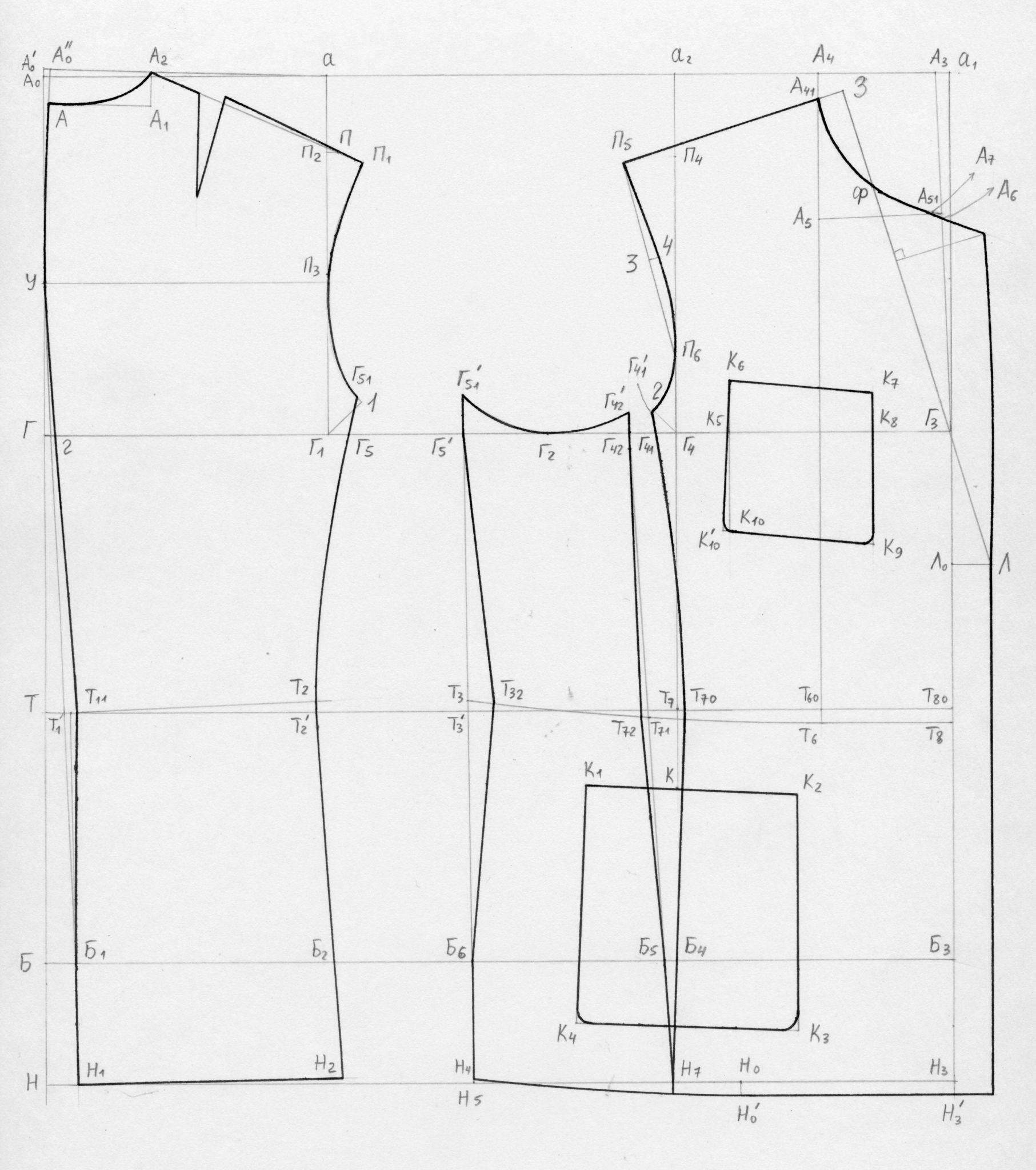From Sketch to Stitch: The Custom Dressmaking Process Explained
Introduction to Custom Dressmaking
The art of custom dressmaking is a fascinating journey from a simple idea to a beautifully crafted garment. This process not only allows for a perfect fit but also provides a unique expression of personal style. Whether you're envisioning a wedding gown or an elegant evening dress, understanding this process can help you appreciate the artistry and skill involved.
Initial Consultation and Design Sketch
The journey begins with an initial consultation between the client and the dressmaker. This meeting is crucial as it sets the foundation for the entire project. The dressmaker will discuss the client's vision, preferences, and any specific requirements. After gathering this information, they will create a design sketch that captures the essence of the desired garment.

Selecting Fabrics and Materials
Once the design is finalized, the next step involves selecting the appropriate fabrics and materials. This stage is vital because the choice of fabric can greatly influence the garment's overall look and feel. Clients can choose from a wide range of options, including luxurious silks, delicate lace, or structured satin, depending on their preferences and the occasion.
Creating the Pattern
With the design and materials in place, the dressmaker proceeds to create a custom pattern. This pattern serves as a blueprint for the garment and is specifically tailored to the client's measurements. Precision in this step ensures that the final dress will fit perfectly and drape elegantly on the body.
Crafting a Muslin Mockup
Before cutting into the chosen fabric, dressmakers often create a muslin mockup. This practice garment allows for adjustments to be made without risking damage to the final fabric. It provides an opportunity to refine the fit and make any necessary alterations to ensure perfection.

Stitching and Assembly
Once the muslin mockup meets expectations, the dressmaker begins cutting and stitching the actual fabric. This stage involves careful assembly of all pieces, including adding details such as darts, pleats, or embellishments. The craftsmanship during this phase is crucial to achieving a seamless and high-quality finish.
Fittings and Adjustments
Several fittings are typically scheduled throughout the process to ensure that the dress fits impeccably. These fittings allow for any necessary adjustments to be made, ensuring comfort and style are perfectly aligned. It's an iterative process that underscores the bespoke nature of custom dressmaking.

Final Touches and Delivery
The final step involves adding any last-minute touches, such as hemming or attaching closures like zippers or buttons. Once complete, the finished garment is steamed or pressed to perfection before being delivered to the client. The culmination of this meticulous process is a one-of-a-kind dress that embodies personal style and craftsmanship.
Conclusion
From sketch to stitch, custom dressmaking is a testament to creativity and precision. Each step in this process reflects a commitment to quality and individuality, resulting in garments that not only fit beautifully but also tell a unique story. Whether you're considering a custom piece or simply fascinated by fashion, understanding this process enhances appreciation for these wearable works of art.
